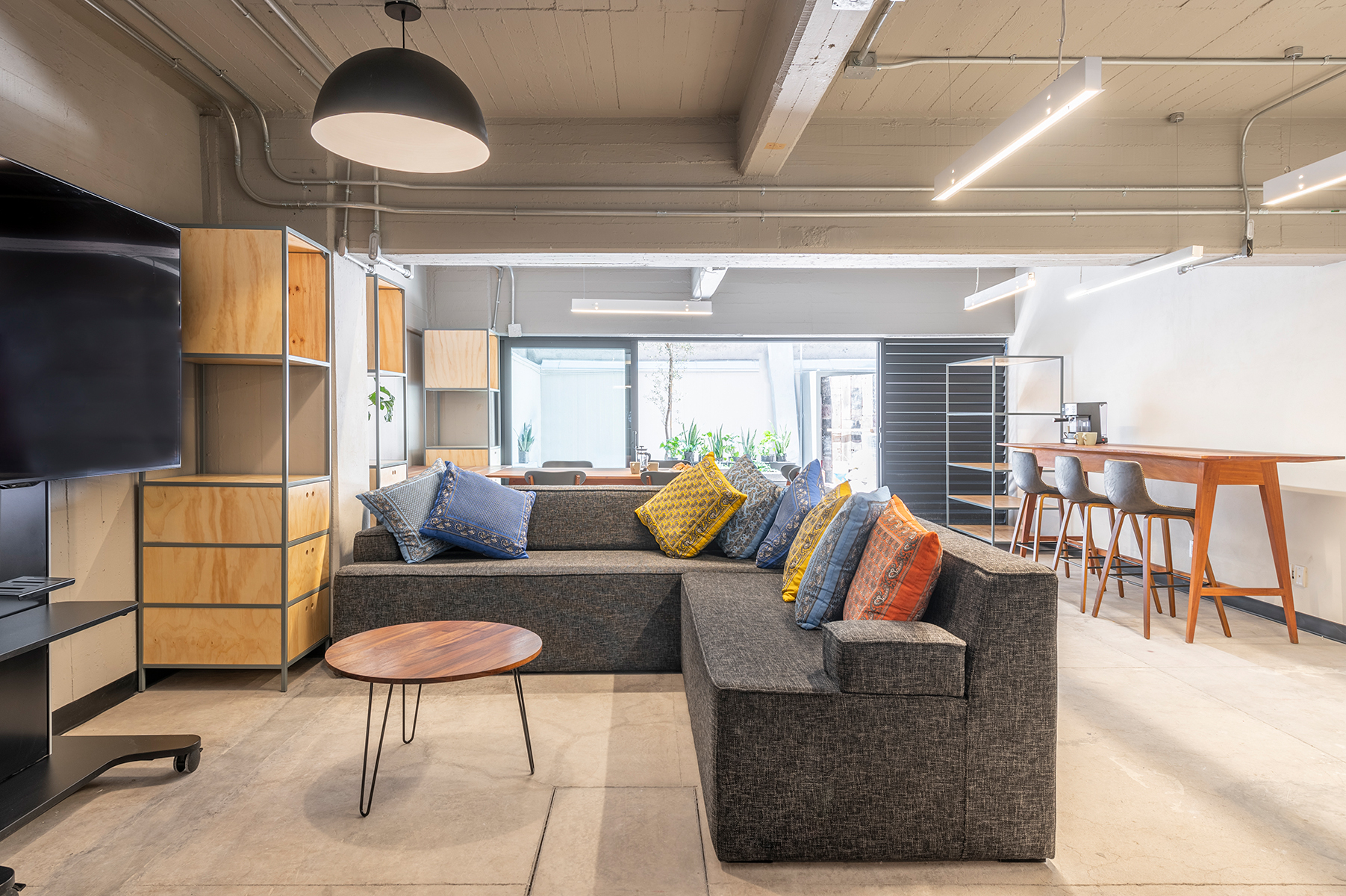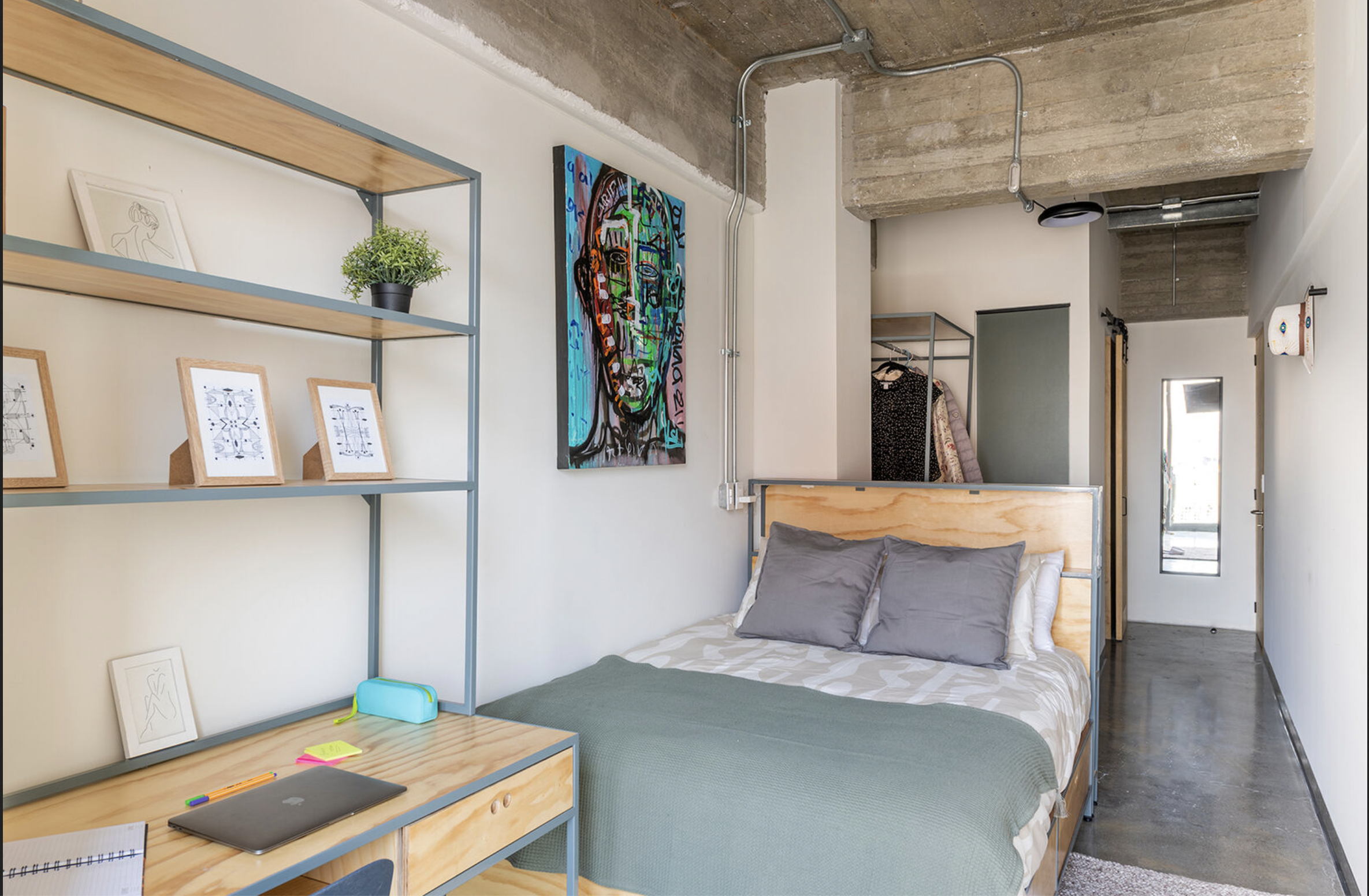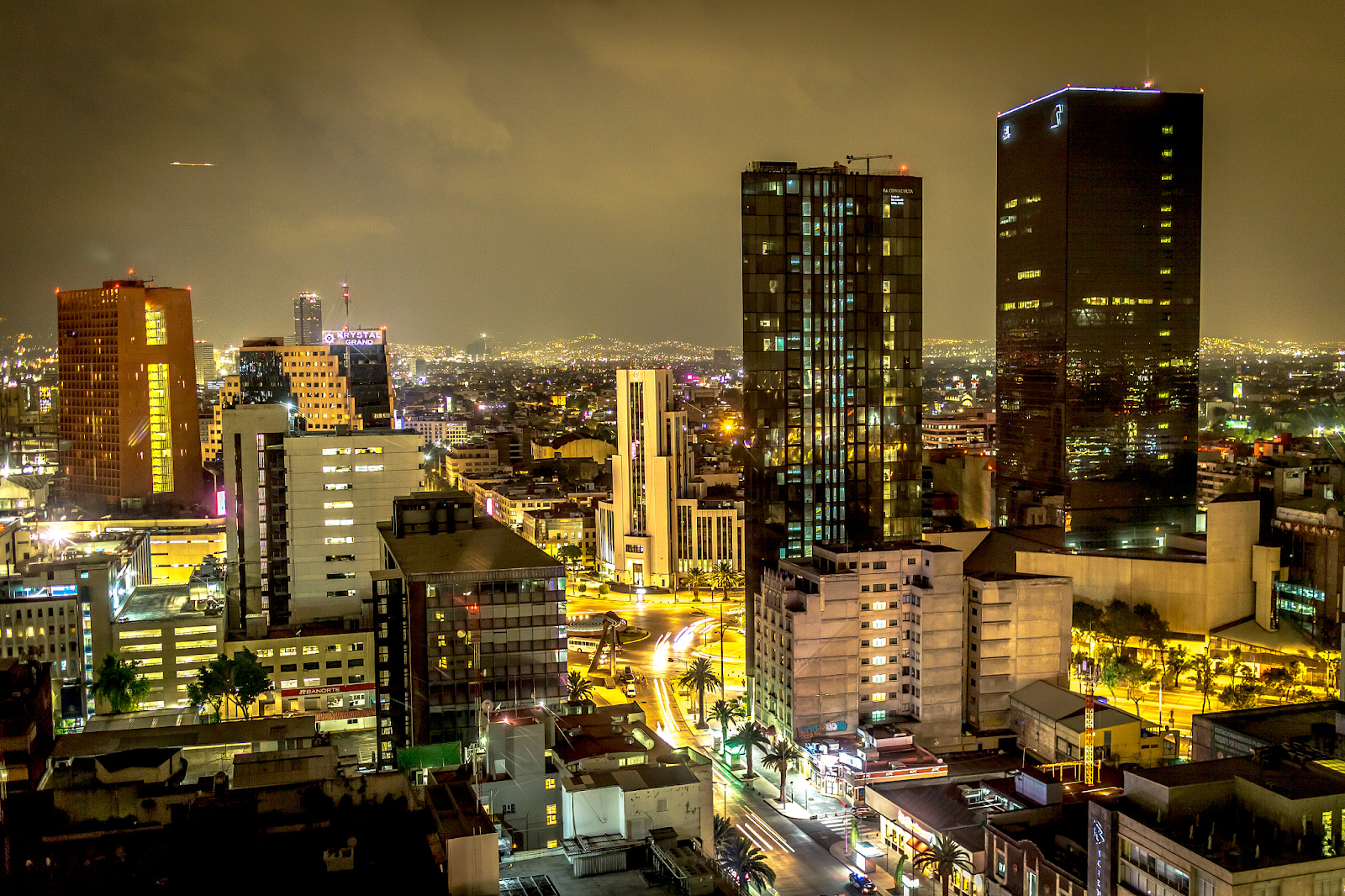TL;DR: Come work remotely in Mexico City from November to January while you help us support the existing EA community! Sign up here.
We are excited to announce the 2022 EA fellowship program in Mexico City (CDMX). We will be hosting ~35 people at any given time from 1 November 2022 to 30 January 2023: including 20 permanent fellows for the whole duration, with the remaining 15 places reserved for rotating visitors.

The program will convene seasoned professionals from the international EA community and promising Spanish speakers. We believe this is an exciting opportunity to meet and support the community in Latin America!
This program is for EAs from all over the world, though we especially welcome Spanish speakers and people from underrepresented backgrounds. We think this will be especially exciting for people who can work remotely and want to try living in an EA hub.
You are welcome to apply as a fellow for the full length of the program (we will grant around 20 fellowships), or as a visitor between two to four weeks (with the option for those who apply for December to extend their stay until January 10 to attend the EAGx)
One of the goals of the fellowship is to give the opportunity to EAs in Mexico and LATAm to be in contact with the international community, so we are keeping in mind that English will be used commonly in the activities. In the Spanish speakers community, we often have conversations in English, and the majority of the members are comfortable with both. So non-Spanish speakers are completely welcome.
During the fellowship, we will support participants in their day-to-day lives. Accommodation and office space will be provided free-of-charge, near the center of the city. The coworking space is equipped with desks, chairs, and common areas. Breakfast and lunch will be provided for free during weekdays. We will organise some social activities for participants, potentially including dancing, Spanish classes, and community dinners. Also, we could offer travel support in some cases. Our goal is to keep everyone as productive and happy as they can be!
The accommodation we offer consists of a private room with a bathroom. The co-living space has several common areas such as a terrace, a patio, and a couple of living rooms.

In exchange, we will ask fellows to take part in some community-building activities. Examples of such activities include talks at universities, mentorship of the younger fellows, and participating in camps for university students. We expect a commitment of 4-8 hours per month to this endeavor.
The program overlaps with the dates of EAGx LATAM 6, 7, and 8 of January 2023, also in CDMX. Fellows will be automatically invited!
You can apply to participate here. The last day to submit your application is 20th of September. Applications received before the 10th of September will be replied to by the 12th of September. The remaining applications will receive an answer by the 24th of September.
If you are already living in Mexico City or want to join us without accommodation can apply just for space in the coworking office here.
About Mexico City

Mexico City is a friendly and vibrant city with many amenities and attractions.
It was considered a top contender for a place to set up a new EA hub.
Immigration to Mexico is relatively easy, and we expect participants from US, Europe, UK and most of LATAM to be able to enter the country and work remotely without requiring a visa. We will provide support and guidance to accepted participants who require a visa.
Food is cheap and varied, including many vegan options. Transport in the city is easy and cheap thanks to Uber and the underground network.
Some people we spoke to about this program were concerned about the apparently high crime rate in CDMX. However, in reality the amount of crime in CDMX is comparable to US cities like Chicago or Los Angeles. None of the EAs living in the relevant areas of CDMX consider safety to be an issue[1].
A bigger downside is language. Only 10% of Mexico inhabitants speak English, though we expect the proportion to be higher in CDMX especially in the Universities and in the neighbourhoods where we will live and work.
You can apply to participate in the program here.
Mexico EA Fellowship is an initiative sponsored by the FTX Future Fund Regranting Program
- ^
In terms of violence (number of homicides per 100,000 residents), CDMX borough Cuahtémoc had a rate of 16.6, Miguel Hidalgo stood at 6.6 and Benito Juárez at 4.1. These numbers are comparable to Chicago (20.7 in 2018) or Los Angeles (6.4 in 2018). Even the most dangerous parts of CDMX are still safer than the top 35 most dangerous cities in the United States in 2019 (St. Louis being #1 with 64.5 and Savannah, Georgia being #35 with 16.61).




Is this program family-friendly?
Reach out to info@altruismoeficaz.mx